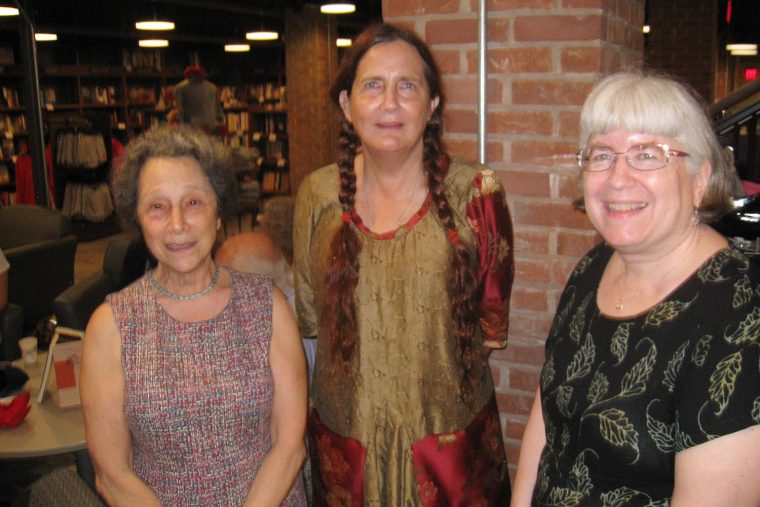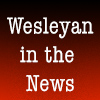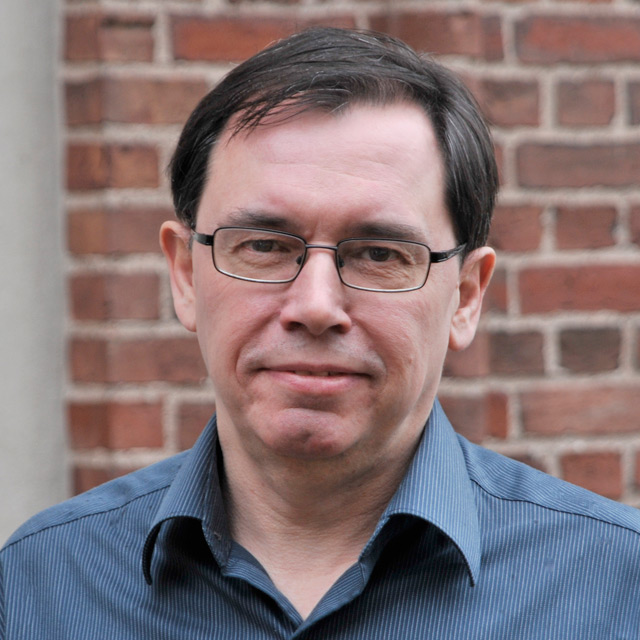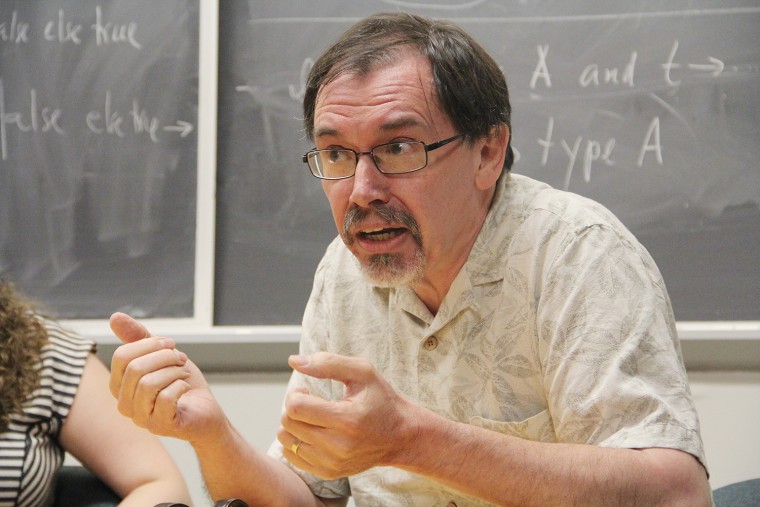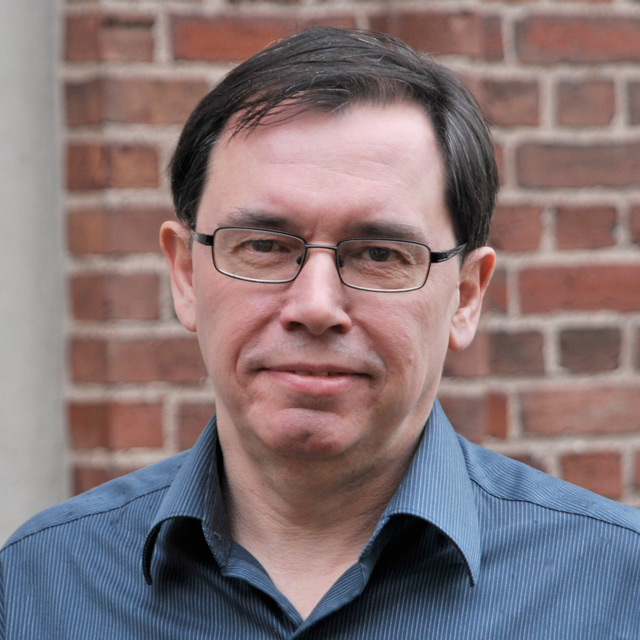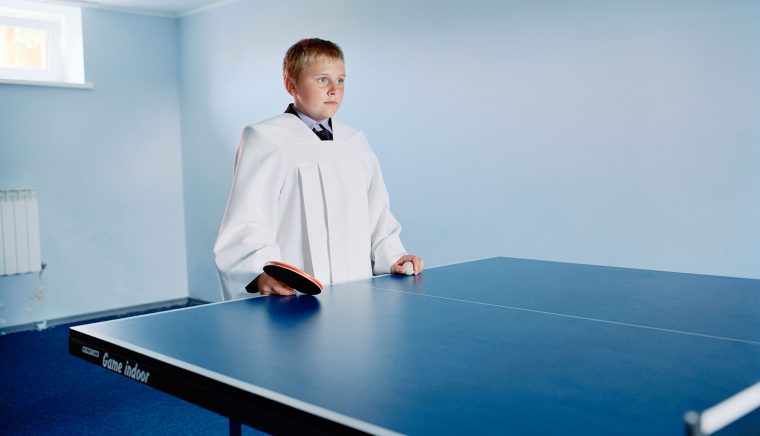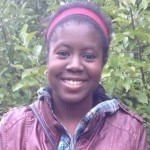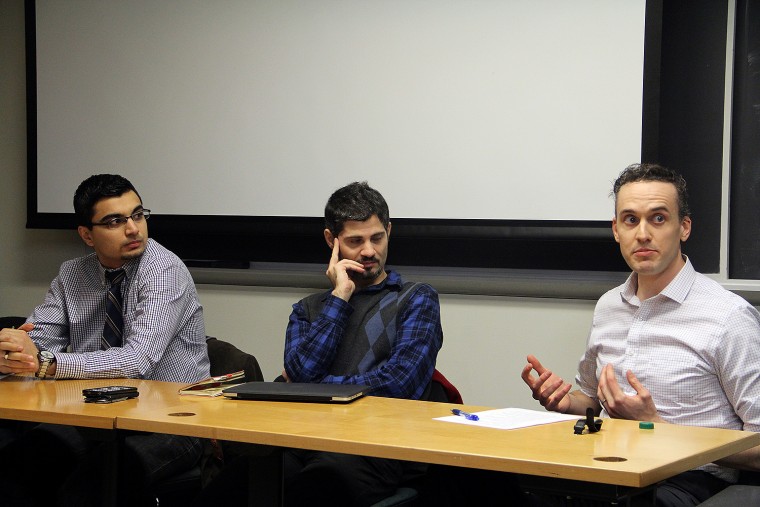Two faculty and an alumna celebrated the publication of their new books during a gathering Oct. 11 at the Wesleyan RJ Julia Bookstore. All three books focus on Russian literature and culture. (more…)
In this recurring feature in The Wesleyan Connection, we highlight some of the latest news stories about Wesleyan and our alumni. Recent Wesleyan News The New York Times Magazine: "Letter of Recommendation: Phyllis Rose's 'Parallel Lives'" Professor of English, Emerita Phyllis Rose's 1983 book Parallel Lives: Five Victorian Marriages, is featured in the New York Times Magazine. The book, which the reviewer notes she has re-read every few months recently, is a "group biography of several notable Victorians and their marriages," through which the reader can gain deeper insight into intimate relationships and societal change. Middletown Press: "Middletown Musician Noah Baerman Wins Guilford Performing Arts Fest…
In this recurring feature in The Wesleyan Connection, we highlight some of the latest news stories about Wesleyan and our alumni. Recent Wesleyan News The New York Times: Defending Conservatism, and Seeking Converts President Michael Roth '78 reviews Roger Scruton's new book on Conservatism, which he writes provides an "enlightening" background on a variety of important conservative thinkers, but stoops to scapegoating Muslims to "rally the troops." 2. Hartford Courant: First Group of Students Graduates from Wesleyan's Prison Education Program The first-ever Wesleyan Center for Prison Education Program graduation ceremonies, held in partnership with Middlesex Community College at York and Cheshire correctional institutions on…
Wesleyan faculty frequently publish articles based on their scholarship in The Conversation US, a nonprofit news organization with the tagline, “Academic rigor, journalistic flair.” In a new article, Peter Rutland, the Colin and Nancy Campbell Professor in Global Issues and Democratic Thought, writes about the FIFA World Cup being hosted by Russia. Though Russia's team is not expected to perform very well, he writes, leader Vladimir Putin understands the power of sports to "foment feelings of national pride" and boost his own popularity among the Russian people. Rutland is also professor of government; professor of Russian, Eastern European, and Eurasian studies; tutor…
Peter Rutland, the Colin and Nancy Campbell Professor in Global Issues and Democratic Thought, recently spoke on a panel of political economy experts at The Gaidar Forum 2018, held at the Presidential Academy of Economics and Public Administration in Moscow. Russian Prime Minister Dmitry Medvedev gave the keynote address at the forum. "How can Russia get onto a more knowledge-intensive, non–resource-based economic sustainable growth path? How can it escape from the middle income trap?" asks Rutland in his talk. "You could look across the continent to China," which has been amazingly successful in recent years, he says. Russian companies do not invest at…
Peter Rutland, the Colin and Nancy Campbell Professor in Global Issues and Democratic Thought, is the author of an article, "Imagining Russia post-Putin" published by The Conversation. The article appeared in Raw Story, Houston Chronicle and San Francisco Chronicle, among other publications. Rutland writes that Vladamir Putin is almost sure to win re-election as president of Russia in the March 2018 election. The Russian Constitution requires him to step down after two consecutive terms, a problem Putin solved in 2008 when he moved sideways to prime minister as his protege took over as president. Putin returned to the presidency in 2012. (more…)
Sasha Rudensky ’01, assistant professor of art, assistant professor of Russian, East European, and Eurasian studies, is a finalist for the New East Photo Prize. Her photos, Tinsel and Blue, explore the relationship between illusion and truth and the young people of the post-Soviet generation. Rudensky shot the photo series between 2009 and 2015 in Russia and Ukraine. An alumna of Wesleyan, Rudensky graduated with a degree in studio arts. Rudensky, who was born in Russia and moved to the United States when she was 10, feels this competition keeps her in touch with her heritage. “I am happy to…
Peter Rutland, the Colin and Nancy Campbell Professor in Global Issues and Democratic Thought, was interviewed on BYUradio about the Olympics and nationalism. "The Olympics are practically built for indulging in what you might call 'good nationalism,' as opposed to the xenophobic kind," said host Julie Rose in the introduction. Yet this year's Olympic Games come at a time of fear of outsiders, both in the U.S. and abroad. They begin by discussing the difference between patriotism—which has more positive connotations—and nationalism, which implies dislike of foreigners. The key distinction, says Rutland, is about having respect for people from all countries.…
Praise Owoyemi '18 has been chosen for the prestigious Critical Language Scholarship (CLS) to study Russian in Vladimir, Russia this summer. The Critical Language Scholarship (CLS) Program is a fully funded summer overseas language and cultural immersion program under the U.S. Department of State, which American undergraduate and graduate students have the opportunity to apply for. CLS is dedicated to broadening the base of Americans studying and mastering critical languages, as well as building relationships between the people of the United States and other countries. CLS provides opportunities to a diverse range of students from across the United States at…
On Feb. 17, the Allbritton Center hosted a panel discussion on "The Refugee Experience," the second in a three-part series titled, "The Refugee Crisis: The Development of the Crisis and the Response in Europe." Moderated by Victoria Smolkin-Rothrock, assistant professor of history, assistant professor of Russian, Eastern European and Eurasian Studies, it featured discussion between Steve Poellot, legal director at the International Refugee Assistance Project (IRAP); Mohammed Kadalah of the University of Connecticut Department of Literature, Cultures and Languages, who was recently granted asylum after fleeing Syria in 2011; and Baselieus Zeno, a PhD candidate in political science at the…
Justine Quijada, assistant professor of religion, assistant professor of Russian, Eastern European and Eurasian studies. recently co-edited a book titled, Atheist Secularism and its Discontents: A Comparative Study of Religion and Communism in Eurasia (Palgrave Macmillan 2015). Based on a workshop Quijada and her co-editor organized when they were at the Max Planck Institute for the Study of Religious and Ethic Diversity, the book examines a “comparative approach to understanding religion under communism, arguing that communism was integral to the global experience of secularism. It shows that appropriating religion was central to Communist political practices.” Quijada and her co-editor were interviewed about their work…
A hundred years ago, Christmas in Russia looked a lot like Christmas in America, with trees, presents and twinkling lights. All that changed with the Russian revolution, Assistant Professor of History Victoria Smolkin-Rothrock told NPR in an interview about the history of the Yolka, or New Year's tree. "The tree comes to be seen as a symbol of both the bourgeois order, which is one kind of class enemy, and of religion in particular, which is another kind of class enemy," explains Smolkin-Rothrock. "There are very explicit statements that essentially unmask the Christmas tree for the class symbol that it is. It becomes clear that one does not…


